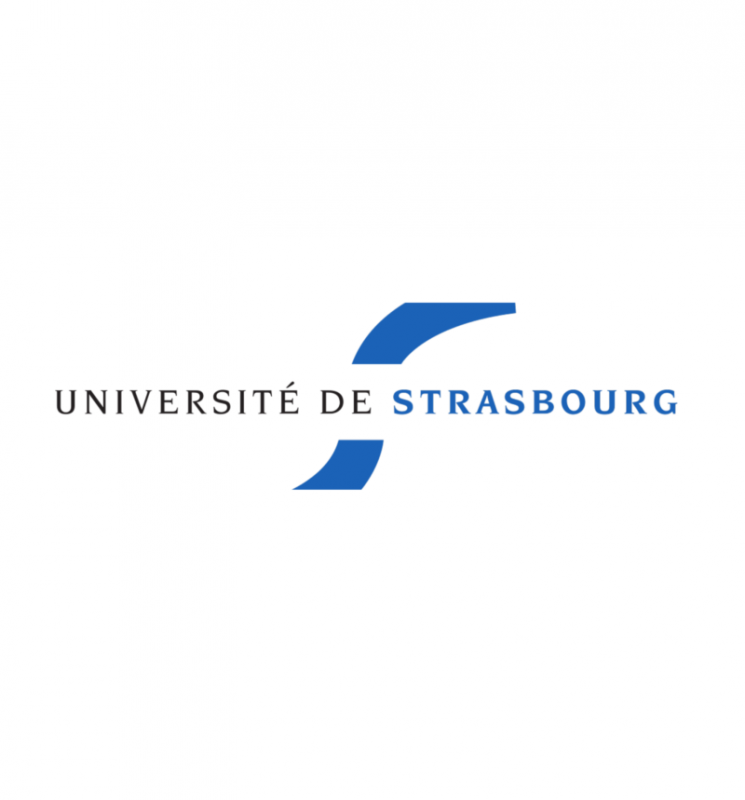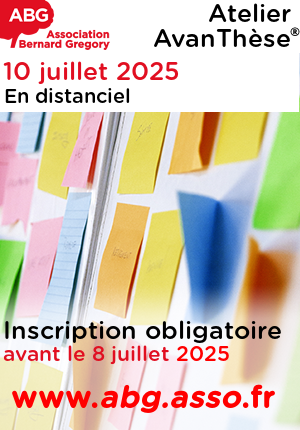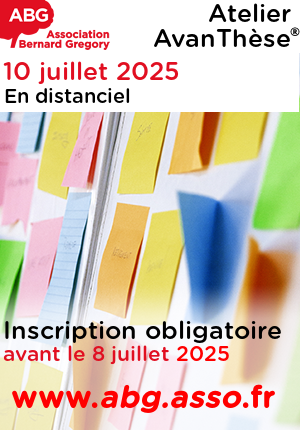Study of Dynamic Covalent Molecular Motors at Surfaces and in Confined Spaces
| ABG-132404 | Sujet de Thèse | |
| 06/06/2025 | Financement de l'Union européenne |

- Chimie
- Chimie
Description du sujet
The ”Monalisa: Motorized Nanomachines: Fundamentals, Innovations, Applications” project is funded by the MARIE SKLODOWSKA CURIE Action - Doctoral Network “MonaLisa”, within the Horizon Europe Programme of the European Commission. The project aims to structure a training network for doctoral students (M/F) in the field of Artificial Molecular Machines for a period of 48 months. Monalisa is a consortium of 20 partners composed of high-profile universities, research institutions and companies located in 5 European countries, and will train 15 Doctoral Candidates.
The doctoral candidates (DC, M/F) will envision directionally controlled dynamic covalent motion at patterned surfaces. For that, fluorescent nanoparticles decorated with functional groups will be attached to a patterned, functionalized surface via dynamic covalent bonds. Multivalent connections will ensure permanent linkage of the particle to the surface, and external stimuli, such as pH gradient, may be used to drive a net motion along a selected direction. DC will also study the combination of dynamic combinatorial chemistry, imine-based motors, and liposome formation. The general idea is that upon transfer to an aqueous solution of a mixture of aldehydes and amines, some imines may be amplified by forming stable liposomes due to the presence of a cationic head and a lipidic tail. In particular, DC will study how the activation of the imine motor will affect the liposome stability and the chemical composition shifts in the entire chemical network.
The key tasks as a PhD student (M//F) are:
- To manage and carry out research projects
- To attend and participate in research and training activities within the MonaLisa network and local courses
- To write articles for scientific peer reviews
- To write a PhD thesis
- To teach and disseminate research in the scientific community (international conferences) and non-scientific community, by outreach and public engagement
- To be involved in departmental and group activities
The successful candidates will receive an attractive salary in accordance with the MSCA regulations for doctoral candidates. The generous financial package includes a living allowance, a mobility allowance, and a family allowance (if eligible). The guaranteed PhD funding within MonaLisa is for 36 months. A career development plan will be prepared for each fellow in accordance with his/her supervisor and will include training, planned secondments and outreach activities in partner institutions of the network. The DCs fellows are expected to complete their PhD thesis by the end of the 3rd year of their employment.
Nature du financement
Précisions sur le financement
Présentation établissement et labo d'accueil
The Institute of Supramolecular Science and Engineering is a Joint Research Unit (ISIS). Its mission is to conduct multidisciplinary research at the interface between physics, chemistry and biology. ISIS researchers are developing exploratory research covering a wide range of scientific fields, around the general topic of complex matter.
The subjects covered at ISIS include nanoscience and materials science, the study of self-organisation processes and adaptive chemistry, nanophotonics, plasmonics and strong light-molecule coupling, supramolecular biomaterials, supramolecular self-assembly, the chemistry of macromolecules, the chemistry of 2D materials (graphene, etc.), the development of methods for calculating the properties of nanomaterials, the study of the properties of nanomaterials, the study of the properties of nanomaterials. ), the development of methods for calculating conformation free energies and bond free energies, catalysis and quantum physics and computing.
More information: https://isis.unistra.fr/en/isis/presentation/
Site web :
Intitulé du doctorat
Pays d'obtention du doctorat
Profil du candidat
We are looking for an outstanding highly motivated candidate (M/F) with a strong academic record holding a master's degree in chemistry. An excellent theoretical background as well as experience in synthetic organic chemistry and/or supramolecular chemistry are a prerequisite. Experience in soft matter materials would be an asset. Skills/Qualifications • Master degree or equivalent in organic chemistry • High proficiency in spoken and written English, minimum C1 level. • Networking and communication skills, to be evaluated in the interview. • Excellent communication as well as organisational skills and willing to engage an international, interdisciplinary collaborative research, workshops and secondments. Candidates (M/F) will be integrated in an international multi-disciplinary team. The candidate (M/F) must therefore have excellent personal skills and be able to work in a team. Women are especially encouraged to apply.
Eligibility criteria In order to be eligible, each applicant (M/F) must fulfill the following criteria:
- Nationality: Candidates (M/F) may be of any nationality. - Mobility: At the date of recruitment, the applicant (M/F) must NOT have resided or carried out his/her main activity (work, studies etc.) in France for more than 12 months in the last 3 years immediately prior to his/her recruitment. Compulsory national service and/or short stays such as holidays are not considered.
- Qualifications and research experiences: the applicant (M/F) must fulfill the requirements defined for Doctoral Candidates (DCs, M/F): DCs (M/F) are researchers who at the date of recruitment have NOT yet been awarded the doctoral degree and are in the first 4 years (full time equivalent) of his/her research career. Full-time research experience is measured from the date when a researcher (M/F) obtained the degree which formally entitled him or her to embark on a doctorate, either in the country in which the degree was obtained or in the country in which the researcher is recruited or seconded, irrespective of whether or not a doctorate is or was ever envisaged.
Vous avez déjà un compte ?
Nouvel utilisateur ?
Vous souhaitez recevoir nos infolettres ?
Découvrez nos adhérents
 Ifremer
Ifremer  ANRT
ANRT  ADEME
ADEME  Nokia Bell Labs France
Nokia Bell Labs France  MabDesign
MabDesign  ONERA - The French Aerospace Lab
ONERA - The French Aerospace Lab  MabDesign
MabDesign  SUEZ
SUEZ  Aérocentre, Pôle d'excellence régional
Aérocentre, Pôle d'excellence régional  ASNR - Autorité de sûreté nucléaire et de radioprotection - Siège
ASNR - Autorité de sûreté nucléaire et de radioprotection - Siège  Généthon
Généthon  Tecknowmetrix
Tecknowmetrix  Institut Sup'biotech de Paris
Institut Sup'biotech de Paris  Laboratoire National de Métrologie et d'Essais - LNE
Laboratoire National de Métrologie et d'Essais - LNE  CASDEN
CASDEN  PhDOOC
PhDOOC  Groupe AFNOR - Association française de normalisation
Groupe AFNOR - Association française de normalisation  TotalEnergies
TotalEnergies  CESI
CESI







